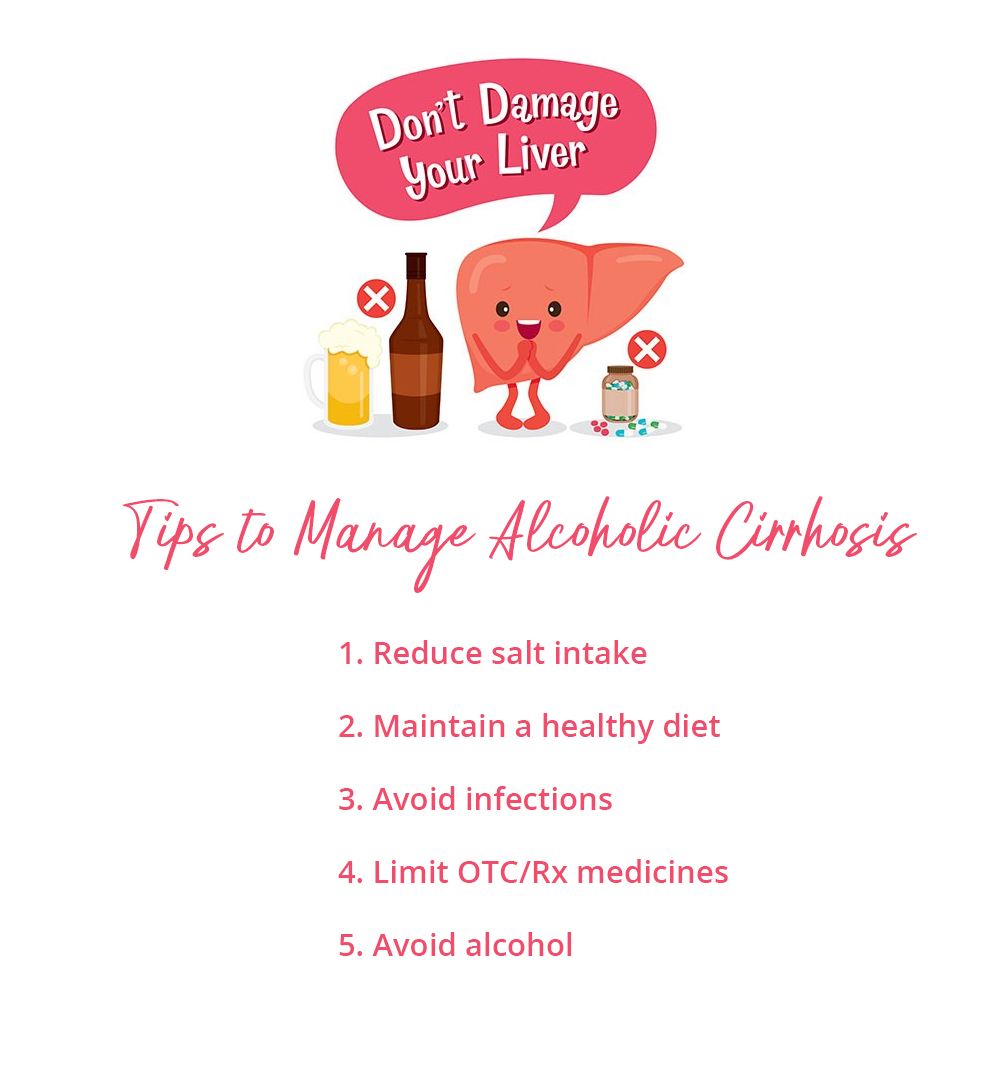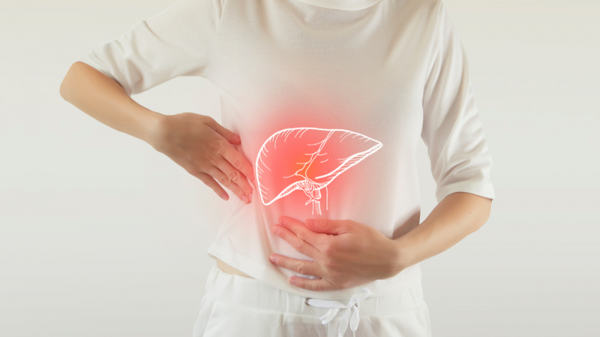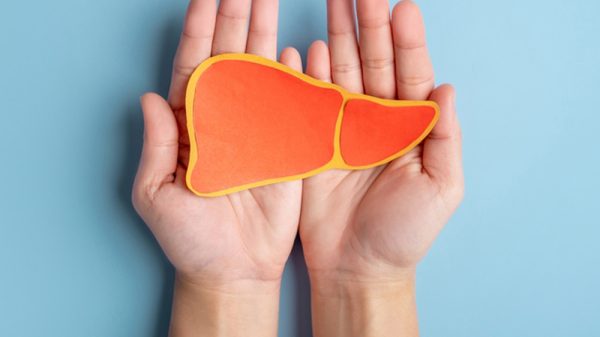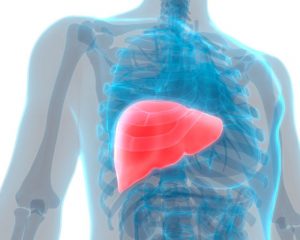Are you suffering from liver cirrhosis? If so then you should know some key facts about the late-stage liver disease including alcoholic cirrhosis life expectancy. Statistics show that nearly 10% of all global deaths involve liver cirrhosis. This is a relatively common health condition that starts as a fatty liver. However, as it progresses it can develop into later stages like liver cirrhosis. This is a scarring of the liver diseases that prevent it from functioning properly. Even within liver cirrhosis, there are different stages so it’s important to know what your outlook is after being diagnosed with alcoholic liver disease.
The life expectancy for all cases of late-stage liver cirrhosis is usually quite bleak. It can range from 6 months to 2 years depending on the situation. However, these are averages so it’s critical to manage the disease as effectively as possible to give yourself the best chance of extending your lifespan for years after being diagnosed with alcoholic cirrhosis. This involves taking steps like ditching alcohol completely and other lifestyle changes that can help preserve your liver’s functionality. While liver cirrhosis is a late stage of serious diseases, it’s still possible to take steps to increase your life expectancy.
What Is Alcoholic Liver Cirrhosis?
The liver is one of the largest human organs with many key functions. For example, it breaks down proteins, filters blood toxins, and makes bile so the body can absorb fat. However, when a person is a heavy alcohol drinker this starts affecting the liver.
It’s believed that up to 100% of heavy drinkers have the condition known as “fatty liver.” This can develop into fatty liver disease over time. If the damage continues then scar tissue starts to replace healthy liver tissue. This is known as alcoholic liver cirrhosis (ALC).
The American Liver Foundation reports that up to 20% of heavy alcohol drinks will develop cirrhosis over time. This is the most advanced type of disease that’s linked to alcohol consumption. This disease might start as fatty liver disease (FLD) but can develop into alcoholic hepatitis.
Then within time, the condition can develop into alcoholic cirrhosis. It’s even possible for the disease to develop quickly from FLD to alcoholic cirrhosis without the patient experiencing alcoholic hepatitis.
The symptoms of ALC usually start when a person is between 30 to 40 years old. The body can deal with limited liver function during the disease’s early stages. However, as the disease worsens the symptoms become easier to notice.
The symptoms are quite similar to other alcohol-related liver disorders. Some examples include:
- High blood pressure (liver)
- Itchy skin
- Jaundice (yellowish skin/eyes)
Over time continuous alcohol abuse results in ALC. The liver’s function drops when the liver tissue begins to scar. This prevents the body from making enough proteins and removing enough blood toxins. There are several causes of cirrhosis of the liver. However, alcohol consumption is the main one.
Alcohol abuse is the main factor that leads to alcoholic liver disease. This involves drinking 5+ alcoholic drinks/day during 5 of the last 30 days.
Alcoholic Cirrhosis: Life Expectancy
The average global life expectancy is 71 years old and is slightly higher for women than men. It’s important to know how ALC affects a person’s projected life expectancy. It’s worth noting that this is based on statistics/averages. However, they tend to be quite accurate due to the progression of liver damage.
While liver cirrhosis itself is a late stage of liver disease it can also involve late stages that can result in liver failure over time. There’s, unfortunately, no way to “reverse” cirrhosis. However, it is possible to slow down the progression.
A person’s life expectancy can be affected based on how serious a person’s cirrhosis is. There are two tests done to determine the possible life expectancy of people with liver cirrhosis. They include the CTP score (children) and the MELD score (adults).
The MELD score calculates the risk of death among patients with end-stage variations of liver disease. The score is calculated using lab test results. MELD score also determines a 3-month mortality rate. This shows the likelihood a person will pass away during the next 3 months.
The MELD score is used to determine where someone ranks on the waiting list for a liver transplant. Higher MELD scores mean there’s a greater chance of not surviving during the next 3 months.
The life expectancy outlook for late-stage alcoholic cirrhosis is usually 2 to 12 years. One-third of people with advanced-stage liver disease/cirrhosis survive the past 2+ years. When a person’s body can manage cirrhosis, life expectancy is usually 6-12 years.
People with a less serious form of liver disease can live longer. However, the key is to avoid all alcohol. In rare cases, liver disease can be reversed. However, it involves stopping all alcohol drinking. Other key factors involve diet, exercise, and not smoking. Not having heart or kidney disease is also helpful.
Tips to Manage Alcoholic Cirrhosis
1. Reduce salt intake
Try to follow a low-sodium diet. When you consume extra sat this can cause the body to retain water/fluids. This can worsen stomach/leg swelling. Make sure to pick herbs over salt when seasoning food. You should also consider low-sodium store-bought foods to improve your health.
2. Maintain a healthy diet
This is something you should consider anyway. However, it’s especially critical if you have liver cirrhosis. One of the main symptoms of heavy drinking is malnutrition. A healthy plant-based diet with lots of fruits/vegetables can help to deal with the condition.
There are other steps you can take. They include eating lean fish/chicken and avoiding all raw seafood. There are also high-protein plant-based options and especially beans. Soybeans are one of the only plant-based “complete” proteins. In other words, they have all 9 essential amino acids (EAAs) needed daily.
3. Avoid infections
If you have liver cirrhosis it’s already tougher for your body to battle infections. Make sure to wash your hands 10+ times daily and avoid sick people. You should also consider vaccines for various conditions like Hep A/B, flu, and pneumonia.
4. Limit OTC/Rx medicines
Make sure to talk to your doctor before you take any medicine whether they’re OTC or prescription. You should also avoid medicines like aspirin, Advil, and Tylenol to be on the safe side.
5. Avoid alcohol
This is one of the most critical steps to take for managing ALC effectively. To increase your life expectancy, it’s highly recommended that you stop drinking alcohol completely. The simple reason is that it could cause more liver damage.
This is a step you should consider during the earlier stages of alcoholic liver disease. The key reason is alcoholic cirrhosis is caused by heavy drinking. This differs from earlier stages like fatty liver disease, although it’s still recommended to limit/stop all alcohol consumption to avoid alcoholic cirrhosis life expectancy.
























